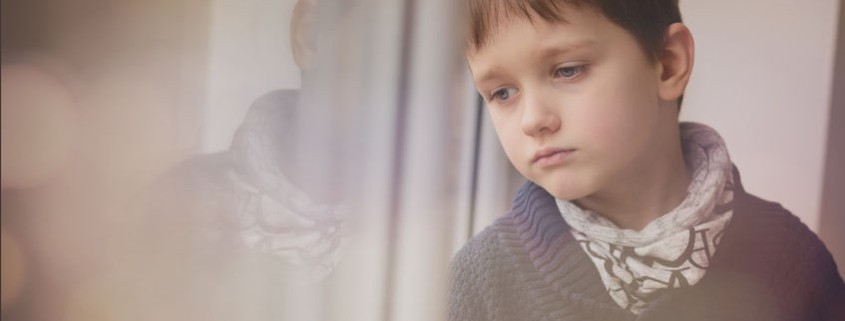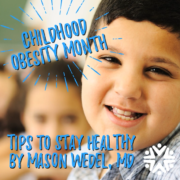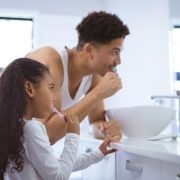Children’s Mental Health & Learning During COVID: A Series
By Zach Clay, Licensed Marriage, Family, and Child Therapy
During this unprecedented and often challenging time in the world, we need to consider the impact everything has on children. The COVID-19 pandemic can be particularly tough for children’s mental health and their ability to learn. NOAH’s Behavioral Health team shares expert insight, best practices, and resources in this series of posts to help children maintain mental health in the era of COVID-19, social distancing, and distance learning.
Identifying Depression & Developing Coping Skills for Children
Children experience the world around them – the good, the bad, the stressful, the happy, the uncertain – and sometimes need support to navigate everything. In many ways, children are similar to adults with mental health; identifying what is happening, talking about what is happening, and developing healthy coping skills. Here, we highlight ways to identify depression in young children and coping skills that are easy for children to do and remember.
Signs of depression in children
Children who are experiencing depression may show it in a variety of ways. They may express feeling hopeless, helpless, and discouraged and as caregivers, we should listen and help them explain what they are thinking and how they’re feeling. But we must listen without judgement, or without trying to “fix” things. Parents and other caregivers don’t need to agree with what they are saying but do need to let them know that they are heard and supported. For example, “I hear you. That sounds really hard and I’m sorry you are feeling sad. I love you.”
Symptoms of depression may include:
- Changes to sleep patterns
- Gaining or losing weight
- Sadness or irritability
- Loss of interest in activities they usually enjoy
- Unusual sadness or irritability, even when circumstances change
- Reduced feelings of anticipation or excitement
- Sluggish or lazy
- Overly critical of themselves, like “I’m ugly.” “I’m no good.” “I’ll never make friends.”
- Feelings of worthlessness, hopelessness
- Thoughts of or attempts at suicide
It’s important to understand that this is more than a bad day or two, or occasional behavior changes that go away. If you see one or more of these symptoms for two weeks, they can suggest depression and you should make an appointment to get them professional help and support.
Developing coping skills
An important part of managing anxiety and fear is with healthy coping skills. These skills help you deal with stressful situations in a healthy and productive way. Mindfulness techniques are beneficial for all ages and are especially helpful for children. Mindfulness means taking time to focus on the present, be thoughtful about your feelings, focus your thoughts, and be in the moment.
These exercises take a little effort, but the investment is worth it especially now when there is such uncertainty about the future and what our world will be post-pandemic. These activities can make mindfulness work for both parents and children.
- Squeeze Muscles: Starting at your toes, pick one muscle and squeeze it tight. Count to five. Release, and notice how your body changes. Repeat exercise moving up your body.
- Belly Breathing: Put one hand on your stomach and one hand on your chest. Slowly breathe in from your stomach (expand like a balloon) and slowly breathe out (deflate).
- Meditation: Sit in a relaxed, comfortable position. Pick something to focus on, like your breath. When your mind wanders, bring your attention back to your breath. Do this for just a few minutes.
- Blowing Bubbles: Notice and talk about their shapes, textures, and colors.
- Coloring: Color something. Focus on the colors and designs.
- Listening to Music: Focus on a whole song or listen to a specific voice or an instrument.
Mindfulness doesn’t have to be a big deal or extra work. Take a few minutes in the morning, after school, before bed, or a time that works for your child and family to practice mindfulness.
NOAH’s comprehensive team of behavioral health experts can work with you, your child and your entire family to address stresses, depression, coping skills, and more.










